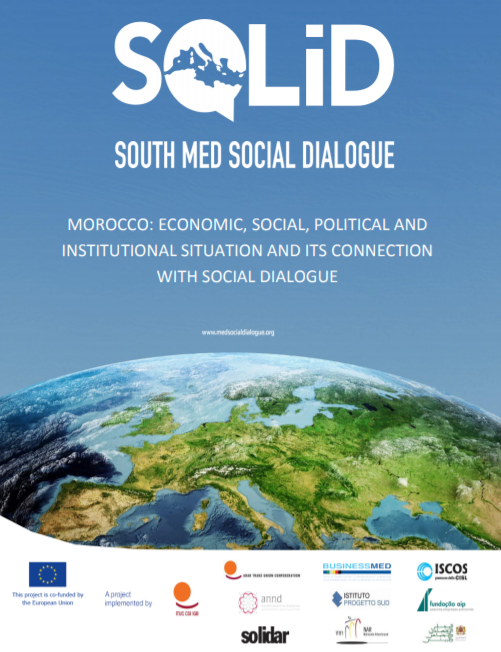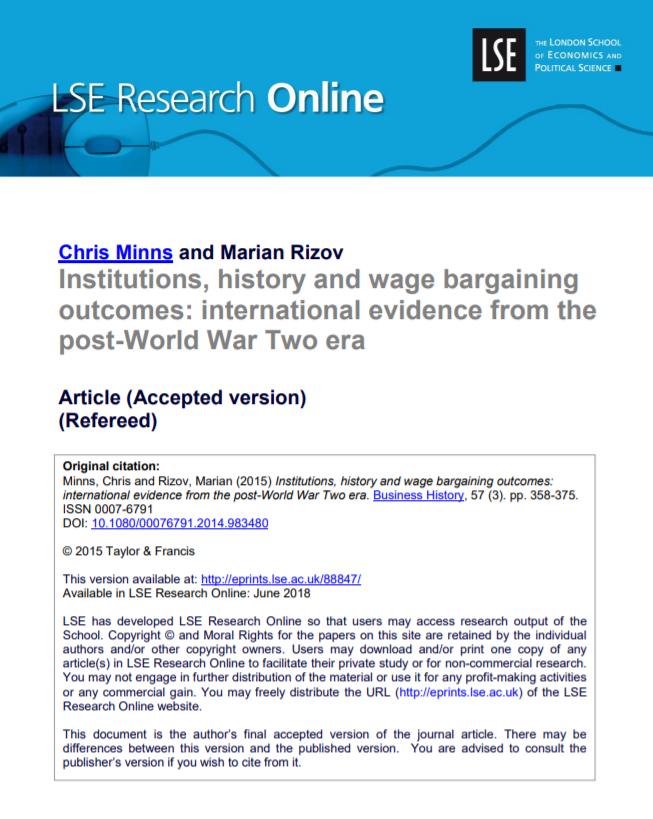
Summary
The development of the informal sector of Morocco through short-term contracts and the recent decisions of the government have led to a decline in the influence of social dialogue institutions like unions. The lack of ability of the unions to keep up with the changing demands of new workers and the solitary decisions of the government have led to groups leaving union representation and protesting on their own. The current state of bipartite and tripartite dialogue in the state need to be reassessed.
For the original source, please click here


